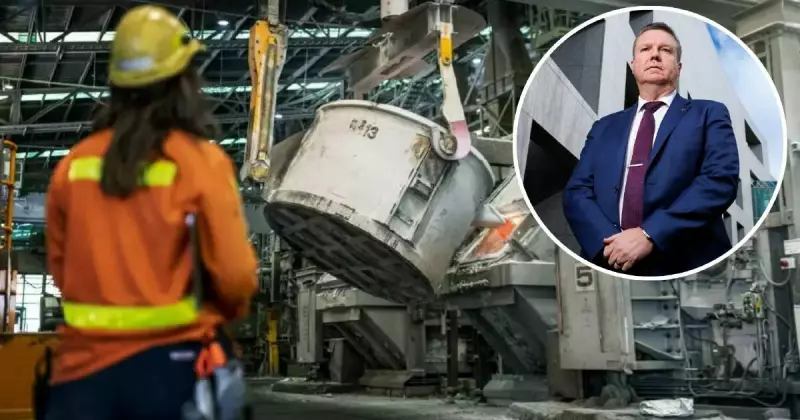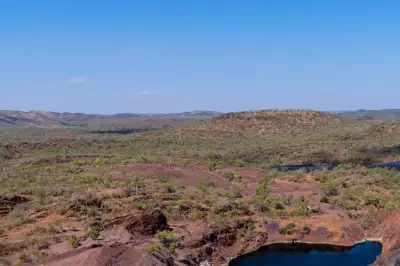
In a political earthquake that's sent shockwaves through Australian energy and climate policy, the National Party has officially abandoned its net zero emissions commitment. This dramatic shift comes amid a deepening crisis at the Tomago Aluminium smelter, where failed energy negotiations threaten to collapse the entire operation.
Regional Economy Hangs in the Balance
The potential shutdown of Tomago Aluminium represents more than just another industrial casualty—it's a potential death blow to the Hunter Valley's economic heart. With approximately 1,000 direct jobs on the line and thousands more in supporting industries, the stakes couldn't be higher for regional New South Wales.
Nationals leader David Littleproud didn't mince words when explaining the party's dramatic policy reversal. "When the very industries that sustain our regional communities face extinction due to energy policies, we must choose jobs over ideology," he declared.
Energy Negotiations Collapse
At the centre of this crisis lies the breakdown of critical energy supply talks between Tomago Aluminium and AGL Energy. The smelter, which consumes a staggering 12% of New South Wales' entire electricity supply, faces an uncertain future as current energy contracts approach their expiration.
The situation has created a perfect storm:
- Soaring energy costs making operations unsustainable
- Uncertainty around reliable baseload power supply
- Competition from cheaper international aluminium producers
- Pressure to meet climate targets while preserving industry
Political Fallout Spreads
The Nationals' decision to walk away from net zero commitments signals a major fracture in Australia's climate policy consensus. This move puts them at odds with their Coalition partners and sets the stage for a contentious debate about Australia's energy future.
Opposition climate change and energy minister Ted O'Brien slammed the decision as "short-sighted and economically irresponsible." He warned that abandoning climate commitments would damage Australia's international reputation and jeopardise future investment in renewable energy projects.
Workers Face Uncertain Future
For the skilled workforce at Tomago Aluminium, the political manoeuvring in Canberra feels distant compared to their immediate concerns. Many employees have spent decades at the smelter, building careers and supporting families in the Hunter region.
"This isn't just about numbers on a balance sheet," said one long-term worker who asked not to be named. "This is about communities, schools, local businesses—everything that makes our region thrive."
What Comes Next?
The crisis at Tomago Aluminium has exposed fundamental tensions in Australia's energy transition. As the country grapples with how to decarbonise while maintaining industrial capacity, the Hunter Valley finds itself on the frontline of this national debate.
With energy prices continuing to climb and climate pressures mounting, the resolution of this standoff could set a precedent for how Australia manages the complex interplay between economic stability and environmental responsibility for years to come.






